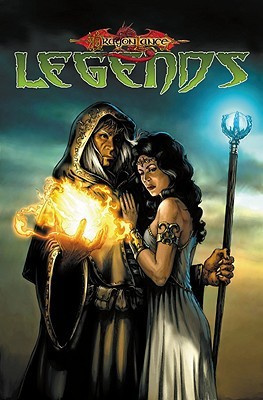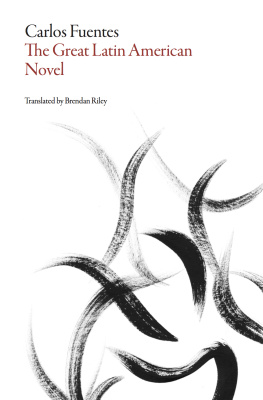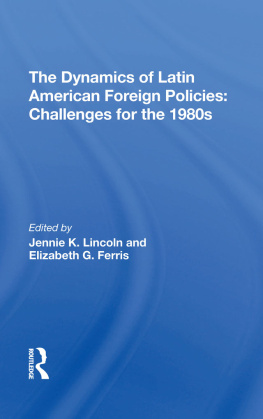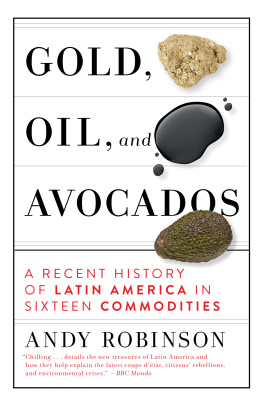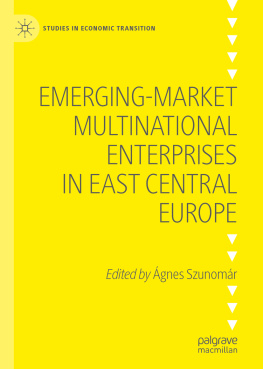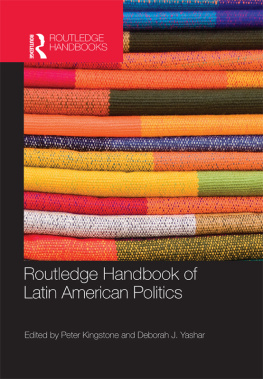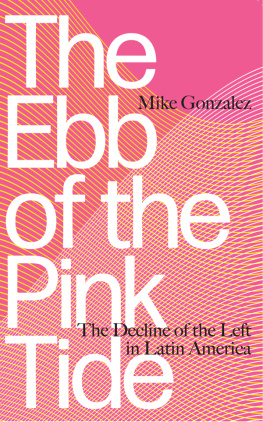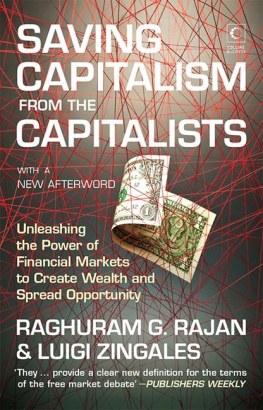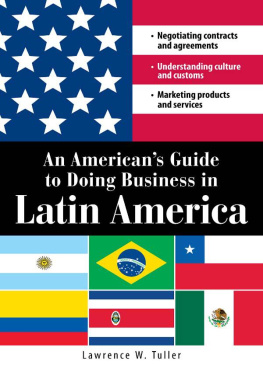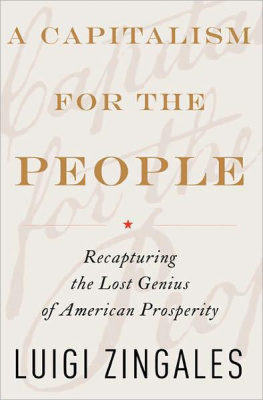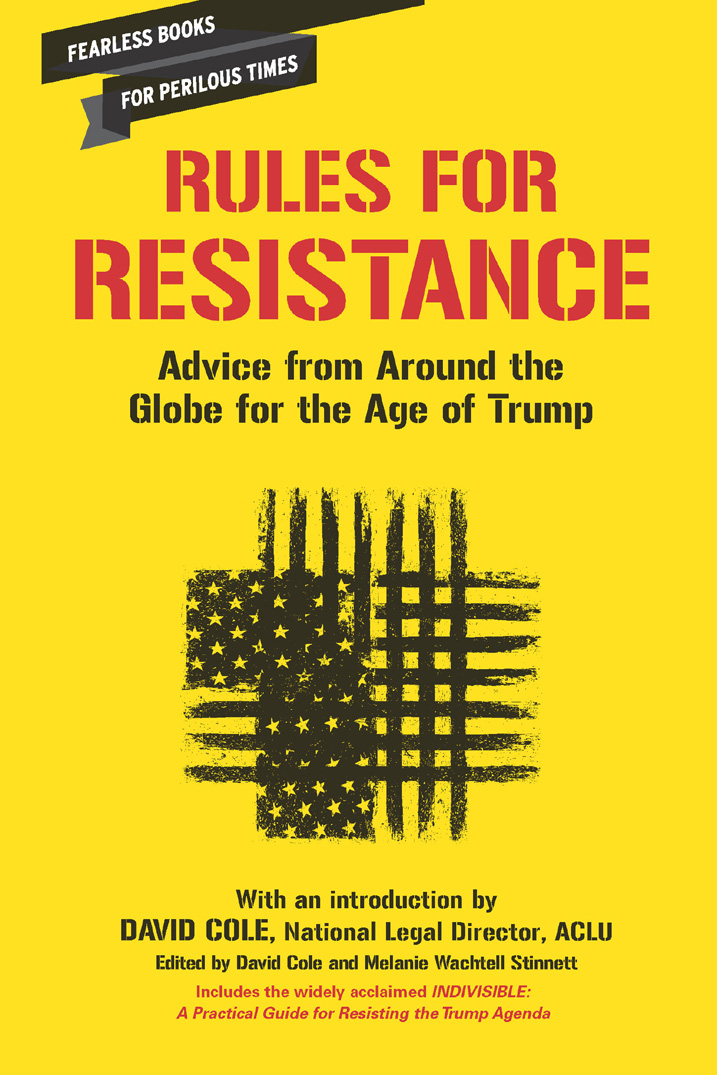
Compilation 2017 by The New Press
Introduction 2017 by David Cole
Open Society Needs Defending by George Soros Project Syndicate, 2017
What Americans Against Trump Can Learn from the Failures of the Israeli Opposition by Bernard Avishai/The New Yorker Conde Nast, 2017
In Case of Political Catastrophe by Nadya Tolokonnikova Billboard magazine, 2017
African journalists have tips for their US counterparts on dealing with a president that hates the press 2016 Mohamed Keita, as first published by Quartz
No part of this book may be reproduced, in any form, without written permission from the publisher.
Requests for permission to reproduce selections from this book should be mailed to: Permissions Department, The New Press, 120 Wall Street, 31st floor, New York, NY 10005.
Published in the United States by The New Press, New York, 2017 Distributed by Perseus Distribution
ISBN 978-1-62097-355-4 (e-book)
CIP data is available
The New Press publishes books that promote and enrich public discussion and understanding of the issues vital to our democracy and to a more equitable world. These books are made possible by the enthusiasm of our readers; the support of a committed group of donors, large and small; the collaboration of our many partners in the independent media and the not-for-profit sector; booksellers, who often hand-sell New Press books; librarians; and above all by our authors.
www.thenewpress.com
Composition by dix!
Printed in the United States of America
2 4 6 8 10 9 7 5 3 1
CONTENTS
Table of Contents
Guide
I suspect that for most Americans, It Cant Happen Here, Sinclair Lewiss satirical novel about the rise of a populist president who defeats Franklin Delano Roosevelt and imposes authoritarian rule, has always been a comforting title. Lewis intended the book and its title to be a warning to the complacent. But complacent we have largely been. Novels like Lewiss, and Philip Roths The Plot Against America, are just that, novels. Alternative histories. Thought experiments. Surely it cant happen here.
These days, the alternative histories seem somehow less satirical and more prescient. The election of Donald J. Trump took most Americans, most of the world, and indeed Trump himself by surprise. He hardly earned a mandate, winning through the peculiarities of the Electoral College despite losing the popular vote. If we elected presidents the way we elect every other federal official, by majority vote, Hillary Clinton would be president. But despite earning the White House without even a majority of the voters supporting him, President Trump has proceeded to surround himself with advisers and cabinet secretaries who are, by and large, long on conspiracy theories and right-wing ideology, short on relevant experience, competence, and judgment, and dismissive of basic values of the rule of law.
As a candidate, Donald Trump threatened to ban Muslims, build a wall on the Mexican border, jail his opponent, open up the libel laws, repeal the Affordable Care Act, revive waterboarding, and overturn Roe v. Wade. As a president-elect, he tweeted that those who dared to burn an American flag should be imprisoned and stripped of their U.S. citizenship, both blatantly unconstitutional proposals. As president, he has not moderated his approach. He has ignored a constitutional prohibition on conflicts of interest, maintaining full ownership of his private businesses even as he assumes the office of the presidency. He has appointed officials to run agencies that they would just as soon eliminate, excluded his critics from press briefings, imposed gag rules on government employees, and improperly contacted the FBI over an investigation of Trumps campaign aides contacts with Russia while Russian agents were hacking Democratic emails to boost Trumps chances.
He has ordered a massive increase in deportations and announced plans to begin construction of a wall on the Mexican border. He issued an executive order that for the first time in our history introduced a religious litmus test into our immigration policy. It barred all entry from seven Muslim-majority countries and gave a preference to refugees from minority faiths that he explained on national television was designed to favor Christians. The executive order was condemned by the presidents of every major university, by the leading science organizations, by refugee and human rights groups, and even by former vice president Dick Cheney, former CIA director Michael Hayden, and former Justice Department lawyer John Yoo, the man who wrote the memoranda that authorized torture in the Bush administration. It is no exaggeration to say that never before in this countrys history have our fundamental values been more deeply threatened by the occupant of the Oval Office.
The essays collected here come from across the world, from countries that have seen the rise of autocratic power in a wide variety of political settings and systems. None of the authors here can say, It cant happen here. They have lived through strongman regimes, repression of critics, and populist appeals to xenophobia and division. Reading them provides a sobering reminder that democracy, basic civil rights, and the rule of law are neither inevitable nor self-executing. The separation of powers, a charter of rights, and a written constitution are no guarantee. They must be actively defended from those who would thrust them aside in the name of populism or security.
At the same time, these essays provide critical guidance on how to resist the abuses that Trump threatens. One theme in particular unites virtually all the contributors: whether one faces an autocrat in Turkey, Russia, Chile, the Philippines, Egypt, Italy, Venezuelaor the United Statesthe principal defense lies in the institutions of civil societyor more directly, in an engaged citizenry. It is no accident that tyrants so often target the media, the academy, religion, and nongovernmental organizations: these are the sources of independent authority, citizen mobilization, critique, and resistance. It is also no accident that repressive regimes take aim at freedom of speech and association. Throughout the world, it is these rights and institutions that have the potential to check the abuse of power.
In just its first weeks, the Trump administration has displayed a disturbing willingness to attack our democratic institutions, in particular the independent press. Trump has called the news media the enemy of the people and has dismissed as fake news mainstream journalism that reflects unfavorably on his own self-image, even as he is silent with respect to actual lies presented as news by his supporters. He has lamented leaks to the press and threatened a crackdown on leakers. This behavior echoes the treatment of the press both in authoritarian regimes across the globe and in democracies where autocratic leaders have assumed power. Several of the essays collected here come from journalists who have labored under such conditions, and much worse. They offer important lessons for the media, whose legitimacy turns on a degree of objectivity and fidelity to the truth, and who, because of that ideal, perform a critical checking function even as they incur the wrath of leaders who prefer not to be questioned or criticized.
In the United States, civil society remains vibrant. Thus far, the press has not been cowed by President Trump, and subscriptions to newspapers like the


